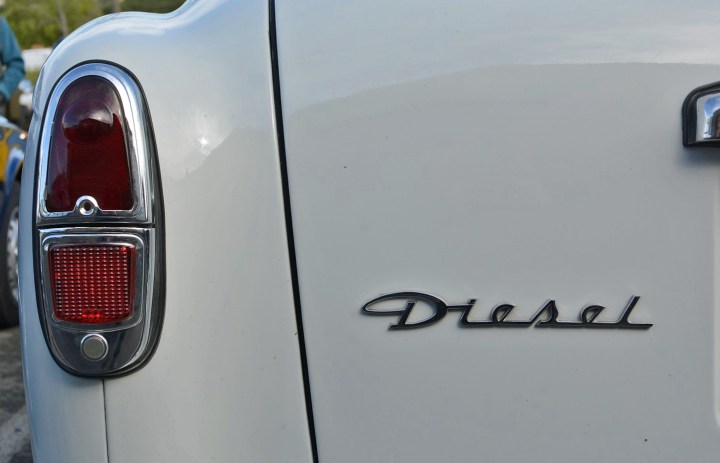
Set to come into effect before the end of the year, the ordinance will give mayors the power to ban all passenger cars that don’t comply with the stringent Euro 6 emissions norms that were implemented all across Europe late last year. Diesel engines that comply with the Euro 6 norms can’t emit more than 80 milligrams of nitrogen oxide, a harmful gas found in diesel exhaust, per kilometer. The Euro 6 norms are less than a year old, so millions of motorists will potentially be banned from driving in select German cities.
Officials suggest the move to ban older diesels is the result of the widely-publicized Dieselgate scandal that Volkswagen, Audi, and Porsche have been caught up in for months.
“This step is necessary as a stop gap until electric cars have a significant foothold in our towns, and diesel emissions really are what car makers say they are: cleaner,” explained Jochen Flasbarth, Germany’s Deputy Environment Minister.
Opponents point out that the measure isn’t fair because the German government and the European Union have both been strong proponents of diesel-powered cars for decades. German motorists buy close to three million diesel-burning passenger cars annually. Notably, 74 percent of the BMWs sold new in Germany are equipped with a diesel engine, and 67 percent of new Audis are ordered with a TDI mill under the hood.
Government officials say that banning older diesels will be a voluntary measure, and mayors will not face penalties if they choose to allow oil-burning models within their city limits. Officials also stress that mayors won’t be allowed to ban all cars, meaning they’ll need to make exceptions for residents and, possibly, for classic cars that were built well before the Euro 1 norms were enacted in 1993.
Editors' Recommendations
- The next generation of Apple CarPlay will power your entire car, riding the trend of all-screen autos
- The difference between diesel- and gasoline-powered cars
- Apply brakes to Apple Car expectations, analyst says
- Russia wants to build its own reusable rocket, Roscosmos chief says
- Leading Dem says Apple, Google, Facebook, and Amazon have ‘monopoly power’




